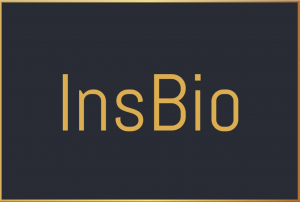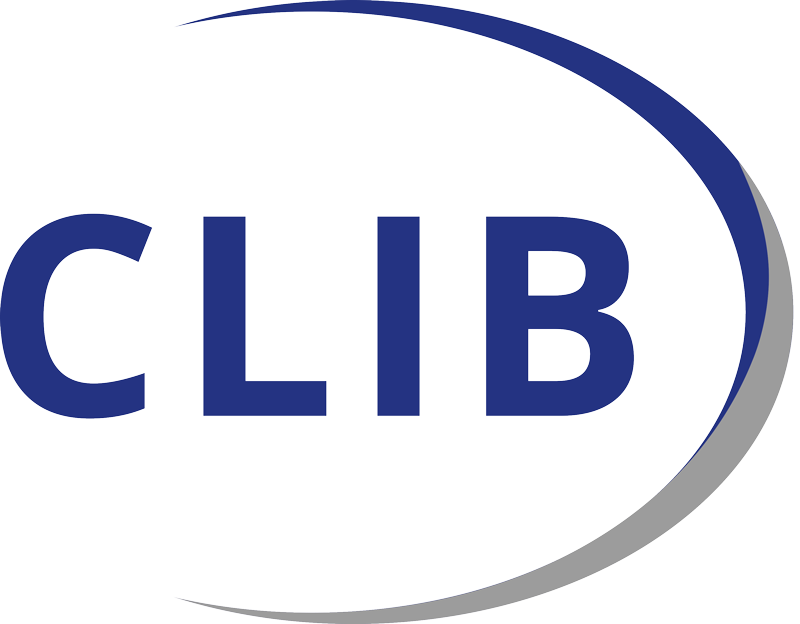Finalists for the Global Biobased Businessplan Competition have been determined

The G-BiB brings forth great and innovative ideas for biobased products and processes every year. This year eight student teams with very diverse business plans took the chance to learn how to think and work as an entrepreneur and accepted the challenge to compete with others for the final award of the G-BiB.
On Wednesday, 13 January three national semi-finals in Germany, the United Kingdom and Finland took place and expert juries listened to the short pitches, asked questions on all individual parts of the business ideas, and then chose one national winning team per country.

For Germany the team BioInterio will have the chance to attend the final. BioInterio comprises a team of six researchers, Balaji Subramanian, Chellapan Vigneshwar, Deepak Sundar, Henry Stehle, Maryam Sodagar and Naveen Dhayanithi from the RWTH University in Aachen, led by mentor Dr. Christopher Greb. They have determined a way to turn the banana fiber, a cultivational waste material, into a natural alternative for producing biodegradable automotive components targeting the European market.

For the UK the team InsBio was awarded to attend the final. InsBio are developing a platform process technology to generate feedstock for production of Black Soldier Fly larvae (BSFL) protein. Their proprietary process converts inedible, inexpensive and abundant agricultural residues (millions of tonnes annual surplus) into an edible BSFL feedstock, facilitating BSFL production on a scale unachievable with current feedstocks to meet the ever-growing market deficit of protein.

For Finland the team Life2balcony will participate. Life2balcony is a team of plant scientists from the University of Turku, developing a cloud-connected plant growth cabinet with microclimate control, the first of its kind that can be kept outside on balconies in wintertime, sparing indoor living space and providing fresh vegetables around the year. Growing vegetables at home reduces packaging material and cuts on food transportation. The cabinet constantly collects sensory data, providing a basis to improve energy efficiency and plant yield in the future.
Those three teams will compete against each other during the international final on 17 February 2021. The final will be open to the public to listen to the pitches of all three teams and network with the young entrepreneurs. Registration is already open and free of charge.
The winning team will receive a final award kindly sponsored by the High-Tech Gründerfonds (HTGF).



